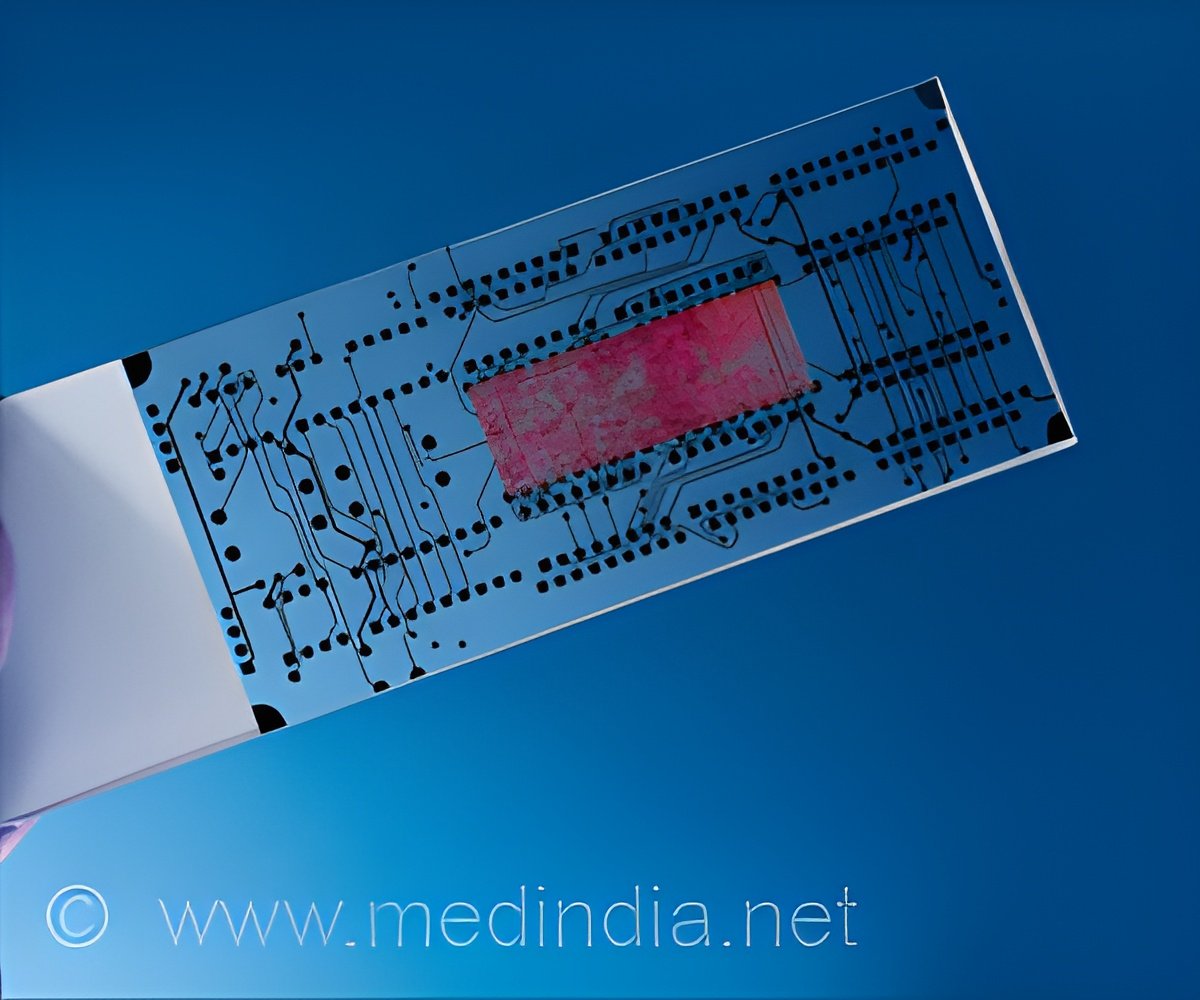New study investigates the mechanism of how a disease develops using human organ-on-a-chip technology.

‘Probiotics benefits depend on the vitality of one's intestinal epithelium, or the gut barrier, a delicate single-cell film that shields the rest of the body from other harmful bacteria found in the human gut.’
Read More..




The study also includes evidence that casts doubt on the conventional wisdom of taking probiotics live bacteria that are considered good for gut health and found in supplements and foods such as yogurt on a regular basis. According to the findings, the benefits of probiotics depend on the vitality of one's intestinal epithelium, or the gut barrier, a delicate single-cell layer that protects the rest of the body from other potentially harmful bacteria found in the human gut.Read More..
"By making it possible to customize specific conditions in the gut, we could establish the original catalyst, or onset initiator, for the disease," said Hyun Jung Kim, assistant professor in the department of biomedical engineering who led the study. "If we can determine the root cause, we can more accurately determine the most appropriate treatment."
Until now, organs-on-chips, which are microchips lined by living human cells to model various organs from the heart and lungs to the kidneys and bone marrow, solely served as accurate models of organ functionality in a controlled environment. This is the first time that a diseased organ-on-a-chip has been developed and used to show how a disease develops in the human body in this case, the researchers examined gut inflammation.
"Once the gut barrier has been damaged, probiotics can be harmful just like any other bacteria that escapes into the human body through a damaged intestinal barrier," said Woojung Shin, a biomedical engineering Ph.D. candidate who worked with Kim on the study. "When the gut barrier is healthy, probiotics are beneficial. When it is compromised, however, they can cause more harm than good. Essentially, 'good fences make good neighbors.' "
Shin plans to develop more customized human intestinal disease models such as for inflammatory bowel disease or colorectal cancer in order to identify how the gut microbiome controls inflammation, cancer metastasis and the efficacy of cancer immunotherapy.
Advertisement
Source-Eurekalert









